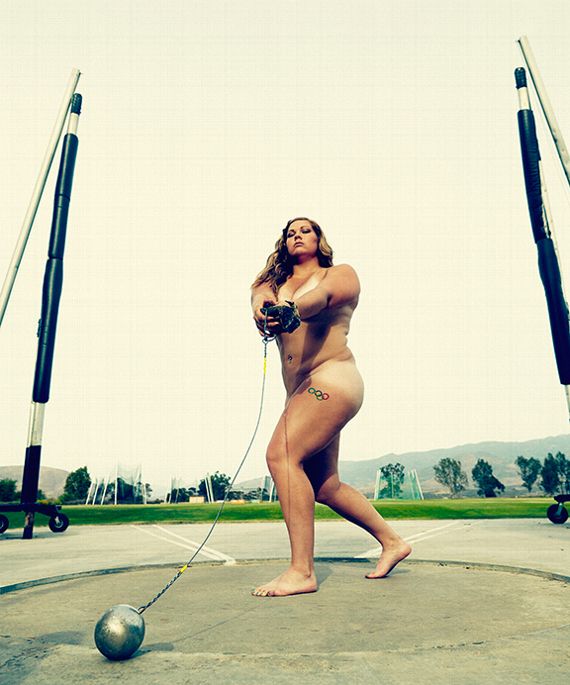Oh my..! I’m so excited to share this delicious discussion with you all who may not have stumbled upon it yet. Here’s the Reverse Diet debate introducing all the biggest, strongest and smartest people in the industry going over the science and real life ( bro 🙂 ) experience behind reverse dieting. Menno Henselmans, Eric Helms, Layne Norton and Peter Fitschen, the arena is yours! Check this S**T out guys and gals! ❤ ❤
So what do I think about reverse dieting, the idea of metabolic damage, or the discussion above? Well, I have to conclude that in the end all the guys seemed to reach consensus – over the big lines, at least.
As a scientist I’ve always loved Menno’s calm and practical way of thinking and making his point ( that doesn’t mean he’s not drool- erm, lovable, in other ways as well 😉 ). We have to use the data available and in the correct way. You can’t just throw around anecdotal evidence from one or two clients not losing weight or blah, blah. It’s true that sometimes you forget to take into consideration the loss of muscle mass and other metabolically active tissue during dieting and that way it appears that your metabolic rate has dropped more than what would seem if you simply account for the weight lost. So some of the “metabolic damage” labels that get thrown around are probably just lowered metabolic rates due to active tissue lost and also hormonal changes due to dieting that aren’t yet adapted to the “new normal”.
Still, there are outliers. I have witnessed patients’ bodies doing most weirdest things not explained (yet, anyway) by science and what we understand from basic endocrinology – my body included. I’ve met people that I really know are accurate about their food logging and are eating 1000 kcals a day, exercising, and still unable to lose weight, or even worse, gaining. Mostly, though, the drop in metabolic efficiency of the body can be explained by science and there is no magical, irreversible “damage” that one can do by dieting.
Here’s a link to a research paper going over Dr. Chris Fahs’, who’s also a natural bodybuilder, competition prep and recovery from competition. For example, his testosterone, thyroid hormone and leptin values decreased dramatically while the diet progressed. They did return to normal after a period of caloric surplus – but the thyroid and leptin values were still lower than before the beginning of contest prep, especially leptin. What do I make of this? It takes a long time for the body’s endocrine system to adapt and return to normal after a period of dieting into low bodyfat and restricting calorie intake. It may be, that some individuals are more sensitive to hormonal state disruptions that way appear as “metabolic damage”.
I have to be honest and say that I’m a little disappointed in Layne’s part in the discussion. When I met him at his seminar in Helsinki last June, especially his “Putting Science Into Prep” presentation was great. He was reasonable and took into consideration both the health and career of a physique athlete. He was adamant that you first need to make sure you are getting enough calories and you’re metabolically healthy before you can continue to diet and compete. Now in the debate he many times talked about the “wishes” of his clients to stay very lean year around. I don’t know if that’s a healthy approach to use. Some (many) people may be suffering from eating disorders – and that’s an issue that Layne and Sohee Lee have themselves brought up many times as well. So, what the heck, Layne?!
I’ve seen Layne as especially the one to have the balls to say out loud when someone is doing more damage than good to themselves. He shouldn’t have any problems to have enough clients. That someone simply “wants” something that’s not good them for isn’t really a reason to give it to them, is it? That could be equated with an example that I would write prescriptions of narcotics to every patient that asks them and justify my actions by saying that they know the risks, it’s not my fault if they decide to abuse drugs, and if I don’t write the prescription, some other “corrupt” colleague will. NO WAY. I have my ethics as a doctor, and I hope trainers and coaches in the fitness industry also have theirs. We all have to do more good than harm – especially in the long run. Even with an athlete, is placing well in their next competition worth ruining their health for the next year or longer, maybe for a lifetime? You have to look at the big picture and long term goals for your patient / client / trainee.
Regarding the debate and practical considerations about reverse dieting, I think I’m leaning to mostly agree with Eric Helms’s point of view. After a long diet, an adequate caloric surplus (to your dieting calories!) is necessary to boost both mental and physical recovery as long as you don’t go completely overboard. Subsisting on low calories that you raise way too slowly after a diet will only lengthen your recovery into another progressive training season. No one is saying that you need to raise your calories immediately into a 1000 kcal surplus in a period where your body is metabolically primed to vacuum every morsel of energy into fat stores – just in case if you decide to abuse it again with a new diet. But you still should raise enough. 100-150 kcals every other week is…torture. But that’s only my opinion.
I guess I could ramble on and on about this :). Watch the video, and make your own conclusions! I’d love to hear what you think! ❤
xoxo,
Veera


